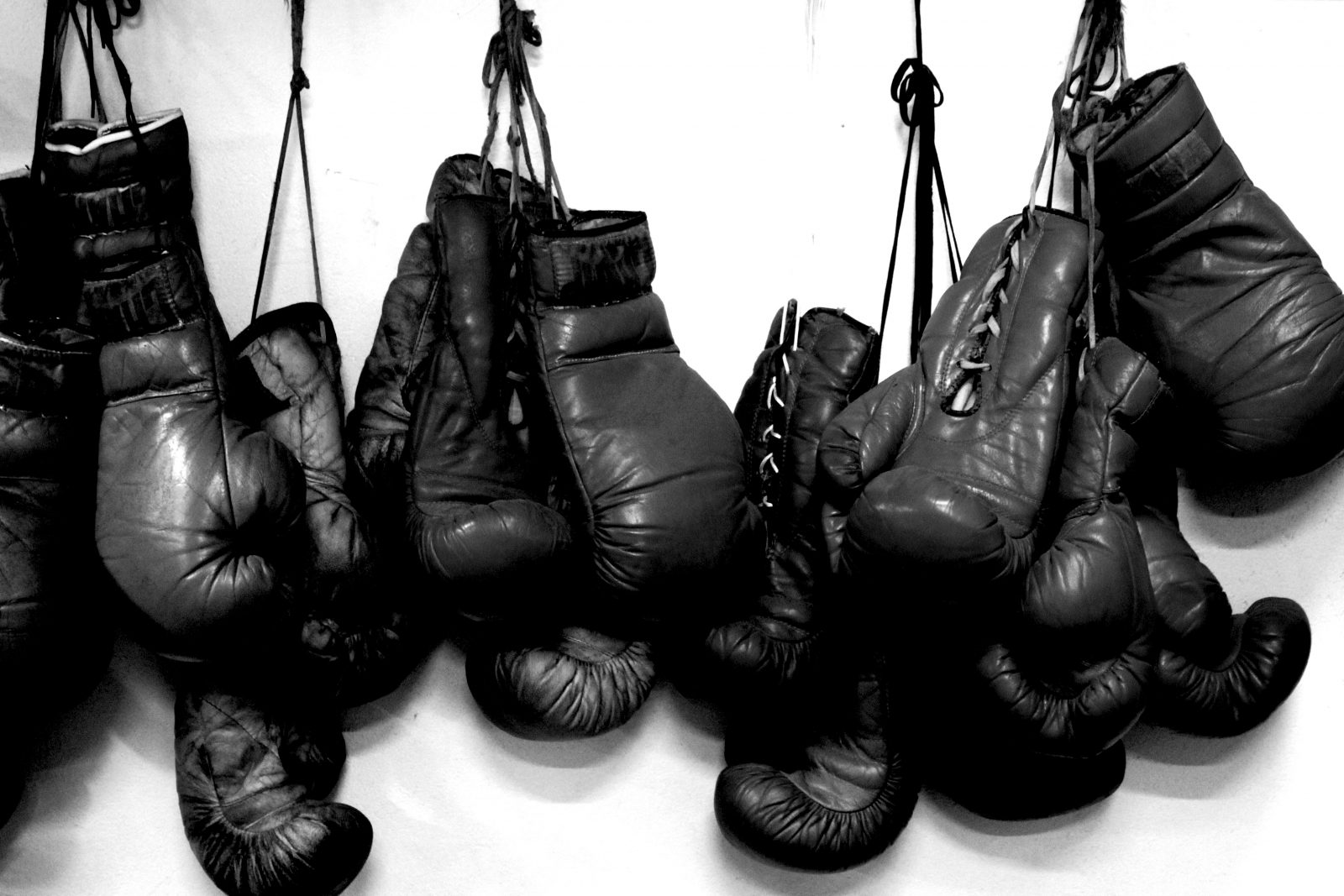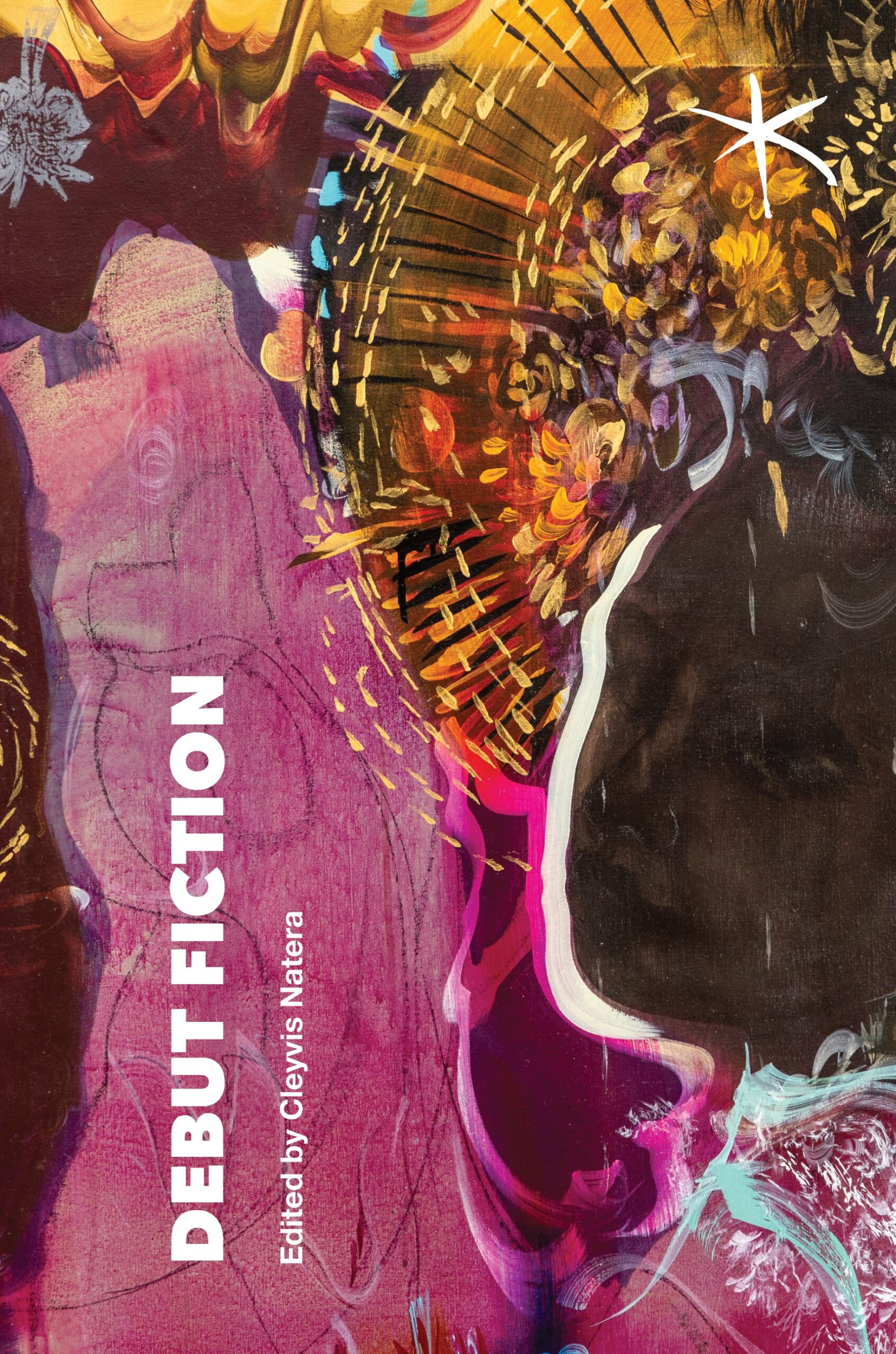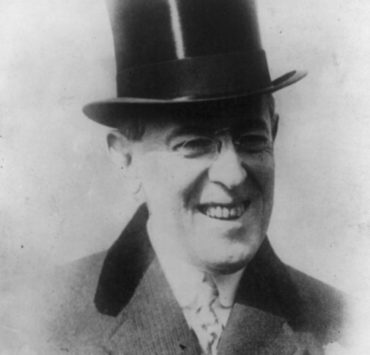I never thought I’d be rooting for a Rocky film. The franchise recalled American exceptionalism, brute masculinity, nationalism and racism. The unfunny trailers with buffoonish Hart and Cube along with the whitened, laughable accent adopted by Will Smith suggested that Creed would be a film about us but not for us. Boy was I wrong. I watched this film like I listened to Biggie for the first time. I was completely enveloped by its sonic signature, saturated by the black Philly scene, and saw through the black bravado that masked vulnerable masculinity. To see both Rocky and Creed wrestle with their (hypermasculine) past and stage “comebacks” in what might not be winnable fights—battling cancer and boxing the current world champion—not only worked narratively but the “fights” tugged at me emotionally.
And that soundtrack…
No one left the theater when the credits rolled. We clapped. And, I considered how we might imagine feeling victorious even as we are dealt debilitating blows and devastating loss.
Now, it was not missed on me that Adonis did not represent “America” in the way Rocky does. That the red-white-and-blue wearing Adonis fought “black” rather than the Union Jack is interesting and it is one that I am still ruminating. It reflects the mirror-scene with Rocky and the notion that Adonis (and by extension young black men) are fighting themselves rather than a white-capitalist system that places these bodies for profit in the boxing ring at the end and the detention center at the film’s opening. It was not missed on me that the largely white audience could root for the underdog on screen (and on a field) but might not champion the Adonis’ of everyday life who are the real underdogs in white America.
Besides those, my moviegoing mate said Adonis’ love interest was too available. I disagree. I walked out of the theater thinking about when I will be nestled between the legs of my own Adonis, helping me, untangling (and twisting) my hair.

Aisha Durham
Aisha Durham is a cultural studies scholar. Durham uses auto/ethnography, performance writing, and intersectional approaches honed in Black feminist cultural criticism to analyze representations of Black womanhood in hip hop media. Recent work on Black womanhood is featured in her new book, Home with Hip Hop Feminism: Performances in Communication and Culture. This book extends earlier discussions about hip hop culture, media representations, and the body in her co-edited volumes, Home Girls Make Some!: Hip Hop Feminism Anthology and Globalizing Cultural Studies: Ethnographic Interventions in Theory, Method & Policy. Durham’s cultural criticism has been featured in popular news media and sites, such as The New Yorker, Haaretz, Crunk Feminist Collective, NewBlackMan, and Ms. Magazine.









